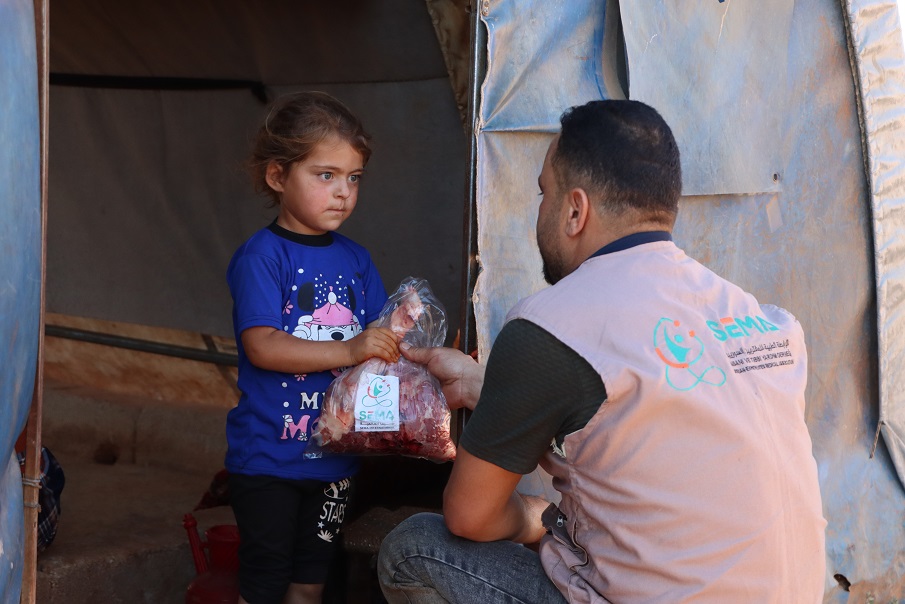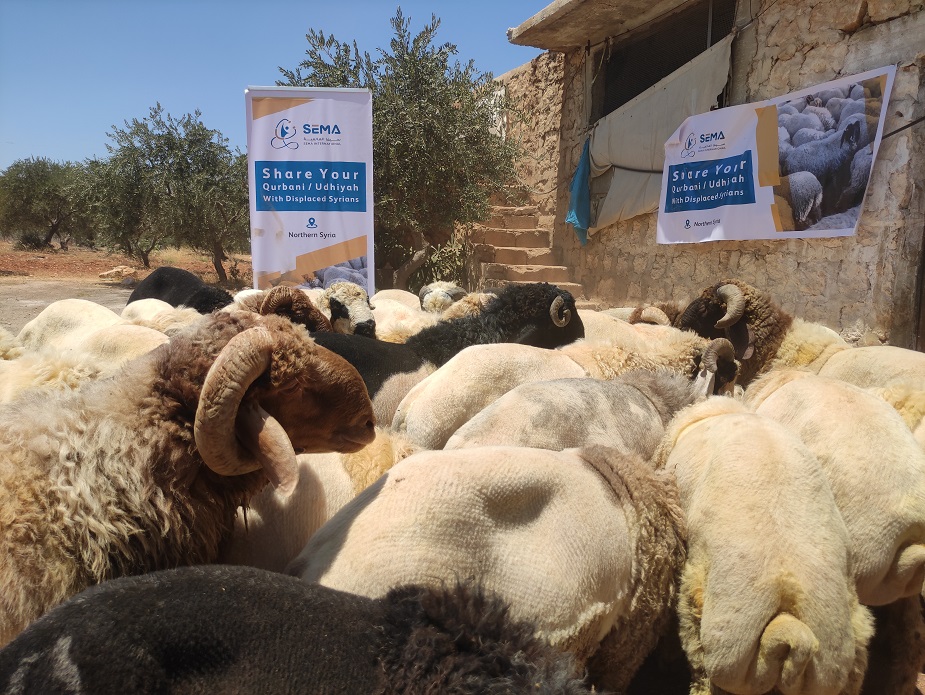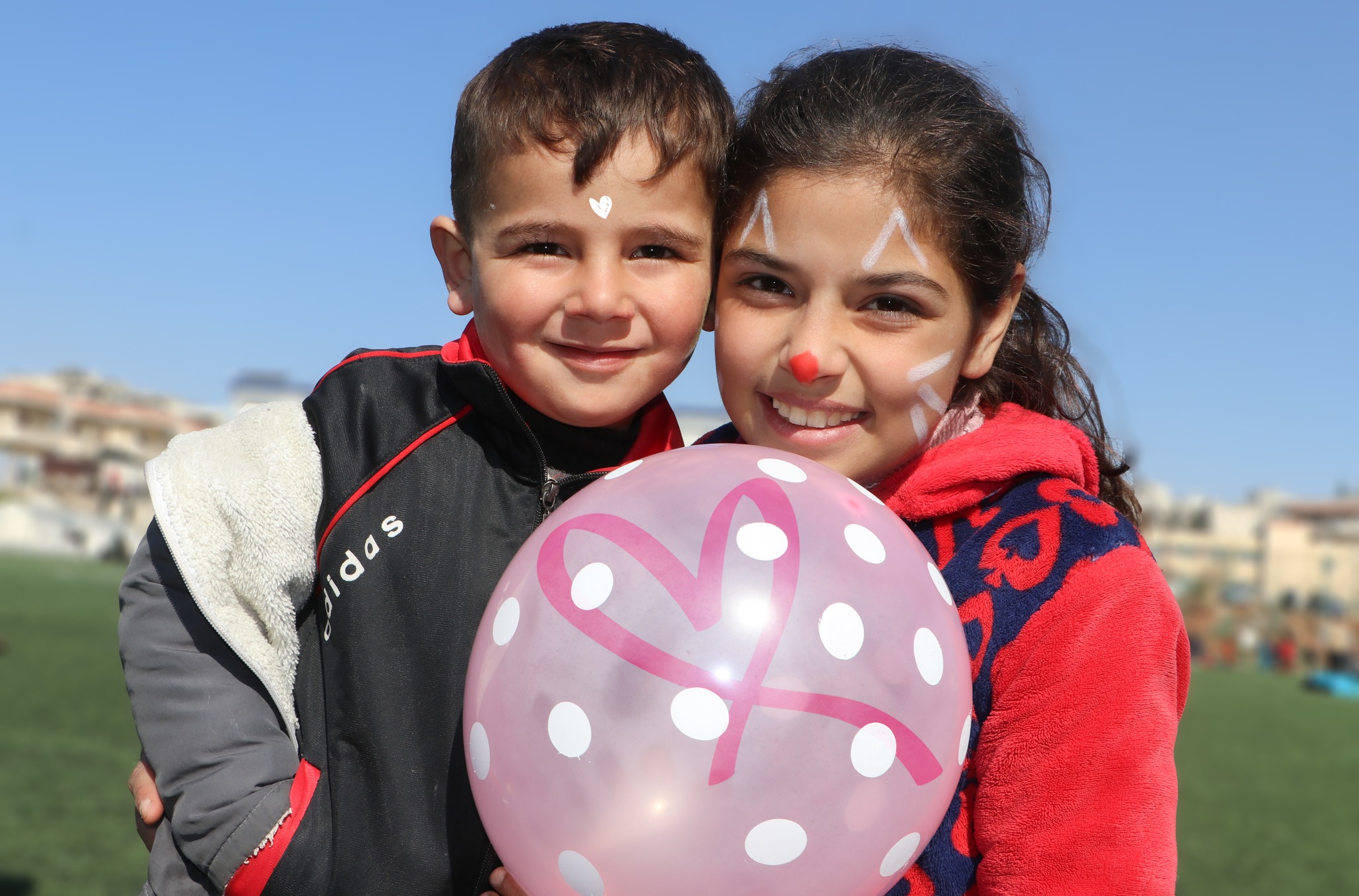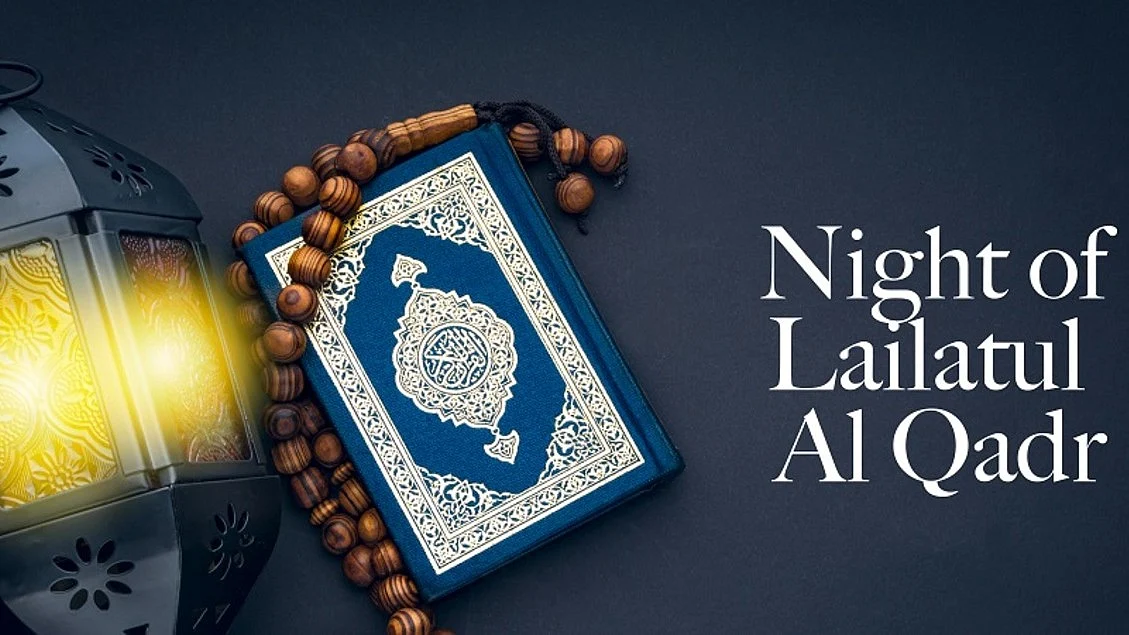Eid ul-Adha is a time of generosity, community, and compassion. It is a time when Muslims around the world reflect on the devotion of Prophet Ibrahim (AS) and celebrate the spirit of sacrifice. However, while many enjoy the blessings of Eid with family and food, millions in conflict zones like Syria face this sacred time with fear, hunger, and uncertainty. By directing your Qurbani to these areas, you offer more than just meat—you offer dignity, hope, and survival.
Why Give Qurbani in Conflict Zones Like Syria?
Conflict zones are regions where normal life has been disrupted by war, displacement, and political instability. In countries like Syria, years of ongoing conflict have devastated infrastructure, cut off food supplies, and left communities in dire need. For many families, Eid ul-Adha comes and goes without the joy of a proper meal, let alone the blessing of meat.
Giving Qurbani in these areas bridges the gap between abundance and need. Your donation becomes a lifeline for families who have been forced to flee their homes, lost their sources of income, or are living in refugee camps under harsh conditions. It ensures that the essence of Eid—sharing and compassion—reaches the most forgotten corners of the world.

The Humanitarian Impact of Qurbani in Conflict Areas
Qurbani donations in conflict zones are not merely religious acts; they are acts of humanitarian aid. Fresh meat is a rare luxury for displaced families who often survive on basic rations. The nutritional value of meat can significantly improve health, especially for children and the elderly who are most vulnerable.
Moreover, Qurbani provides psychological comfort. In the midst of destruction and trauma, the arrival of Eid meat symbolizes care, solidarity, and a reminder that the global Muslim community has not forgotten them. These small acts of kindness can restore faith, uplift spirits, and bring moments of joy amidst adversity.
A well-executed Qurbani program can support entire communities by boosting local economies. Purchasing livestock from local farmers stimulates rural incomes, and hiring locals for slaughter and distribution creates temporary employment. Thus, the benefit of your Qurbani multiplies beyond the initial act.
How to Choose a Trustworthy Organization
When donating Qurbani to conflict zones, it is essential to select a reputable and experienced humanitarian organization. The right partner ensures that your sacrifice is carried out according to Islamic principles and reaches those in genuine need.
Charity given on this night is equivalent to giving continuously for a thousand months. Donate to those in need, support orphans, or contribute to relief organizations.
How SEMA Can Help You Donate Your Qurbani in Syria
SEMA (Syrian Expatriate Medical Association) has been a trusted humanitarian actor on the ground in Syria. With years of experience in conflict relief and a robust network of volunteers, SEMA facilitates Qurbani donations with precision and compassion.
Here’s how SEMA makes your Qurbani count:
- Local Sourcing: Animals are bought from within Syria to support local farmers.
- Islamic Process: All sacrifices follow Islamic guidelines and are conducted by trained personnel.
- Efficient Distribution: Meat is delivered to the most vulnerable, including orphans, widows, displaced families, and people with disabilities.
- Donor Transparency: SEMA provides clear feedback, including reports and visual updates, so you can see the impact of your donation.
By choosing SEMA, you ensure that your Qurbani brings maximum benefit to those who need it most, with the dignity and care they deserve.

FAQ‘s
Can I choose which conflict zone my Qurbani will go to?
Yes, many organizations, including SEMA, allow donors to specify the region they wish to support, such as Syria, Gaza, or Yemen.
Is Qurbani in conflict zones more rewarding?
While all Qurbani is valuable, donating to conflict zones can be considered especially meaningful due to the urgent needs and the transformative impact it has on suffering communities.
How is the Qurbani meat distributed in these areas?
Meat is typically distributed to the most vulnerable populations, including families in refugee camps, war widows, orphans, and the elderly. It is handled with care to ensure fair and hygienic delivery.
Read More:




